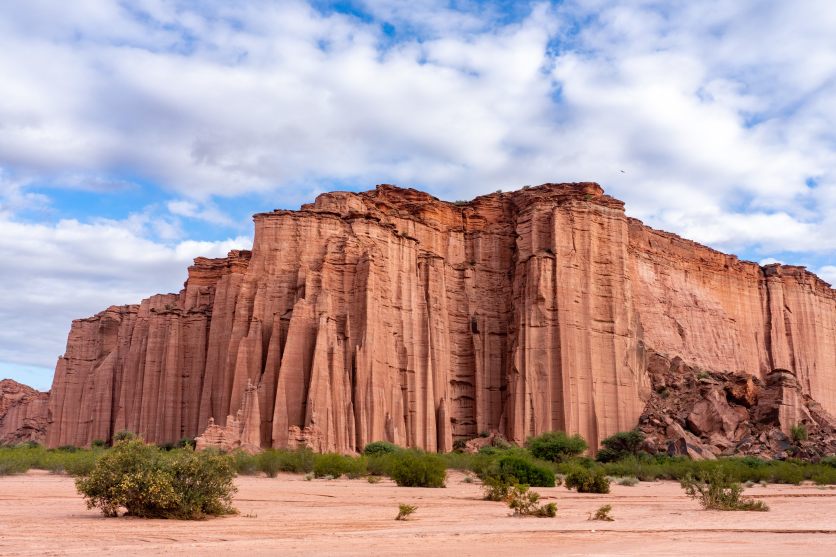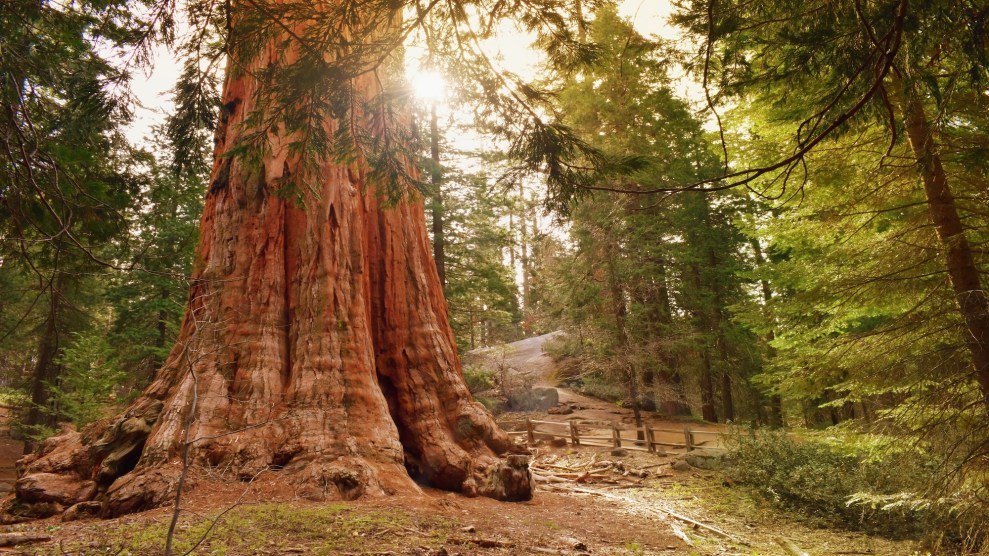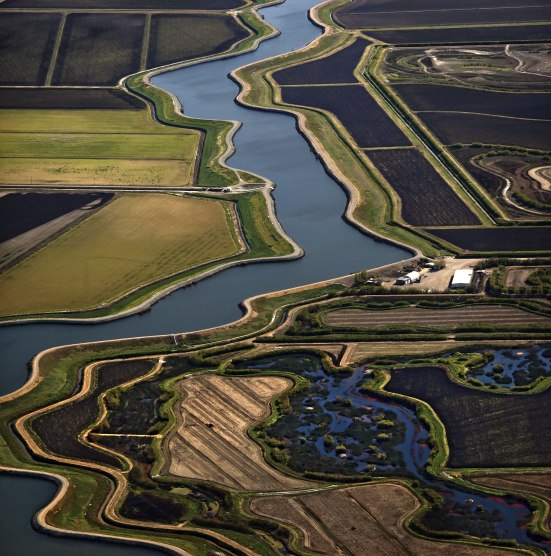
The Wall, a geologic feature of eroded Talampaya Formation sandstone in Talampaya National Park, Argentina.Jon G. Fuller
This story was originally published by the Guardian and is reproduced here as part of the Climate Desk collaboration.
The guardians of the world’s official geological timescale have firmly rejected a proposal to declare an Anthropocene epoch, after an epic academic row.
The proposal would have designated the period from 1952 as the Anthropocene to reflect the planet-changing impact of humanity. It would have ended the Holocene epoch, the 11,700 years of stable climate since the last ice age and during which human civilisation arose.
The International Union of Geological Sciences (IUGS) has announced, however, that geologists have rejected the idea in a series of votes. Those objecting noted a much longer history of human impacts on Earth, including the dawn of agriculture and the industrial revolution, and unease about including a new unit in the geological timescale with a span of less than less than a single human lifetime, it said. Most units span thousands or millions of years.
It also acknowledged: “The Anthropocene as a concept will continue to be widely used not only by Earth and environmental scientists, but also by social scientists, politicians and economists, as well as by the public at large. As such, it will remain an invaluable descriptor in human-environment interactions.”
The Anthropocene working group (AWG), which was formed by the Subcommission on Quaternary Stratigraphy (SQS), in turn part of the IUGS, took 15 years to develop the proposal. It concluded that the radioactive isotopes spread worldwide by hydrogen bomb tests were the best marker of humanity’s transformation of the planet. Geological time units also need a specific location to typify the unit and the Crawford sinkhole lake in Canada was chosen.
An SQS vote in February rejected the proposal by 12 to four, but its chair, Prof Jan Zalasiewicz of the University of Leicester, who backed it, said the vote had not followed the rules. The IUGS, however, has now announced that in the next stage of the process the chairs of its 17 subcommissions endorsed the negative SQS vote almost unanimously, with 15 votes, one abstention and one person who did not vote. This final decision cannot be appealed against.
“Although the proposal has been decisively rejected, the AWG has performed an important service to the scientific community by assembling a wide body of data on human impacts on global systems, and this database will be an essential source of reference well into the future,” the IUGS said.
Zalasiewicz said: “The IUGS ruling means that the Anthropocene will confusingly continue to represent widely different concepts. This has been a missed opportunity to recognize and endorse a clear and simple reality, that our planet left its natural functioning state, sharply and irrevocably, in the mid-20th century. A myriad of geological signals reflect this fact.”
The row is likely to continue. Zalasiewicz said the AWG was preparing a detailed response to “major inconsistencies” in the IUGS statement that would “set the factual record straight”. He also said it would continue its work outside the IUGS on “stabilising the meaning of the term and concept so that it will be of use to the wider community”.
One possibility is that the Anthropocene could be called an event, an informal term geologists already use for great changes to the planet, such as the flooding of its atmosphere with oxygen by photosynthesizing cyanobacteria 2 billion years ago, and the explosion of complex life at the start of the Cambrian period 540 million years ago.














